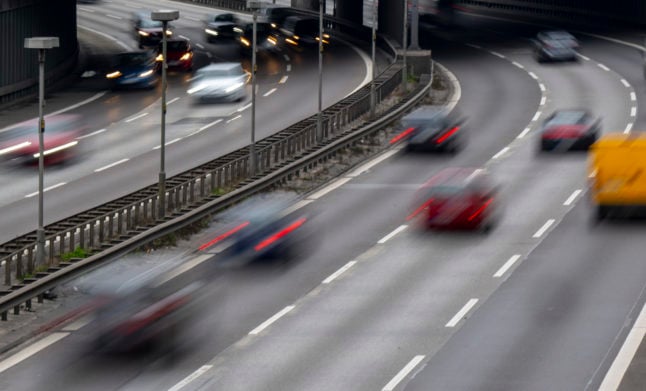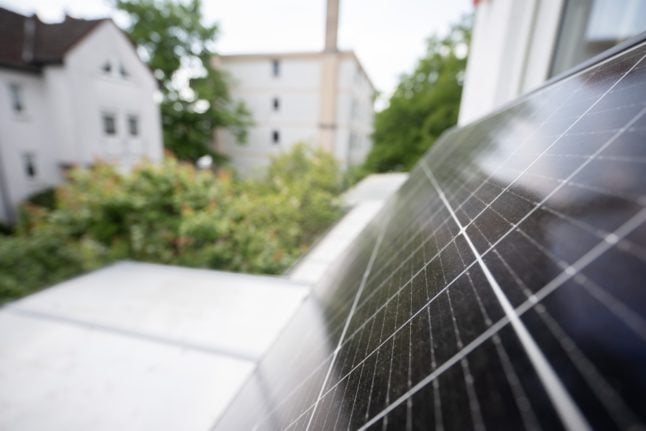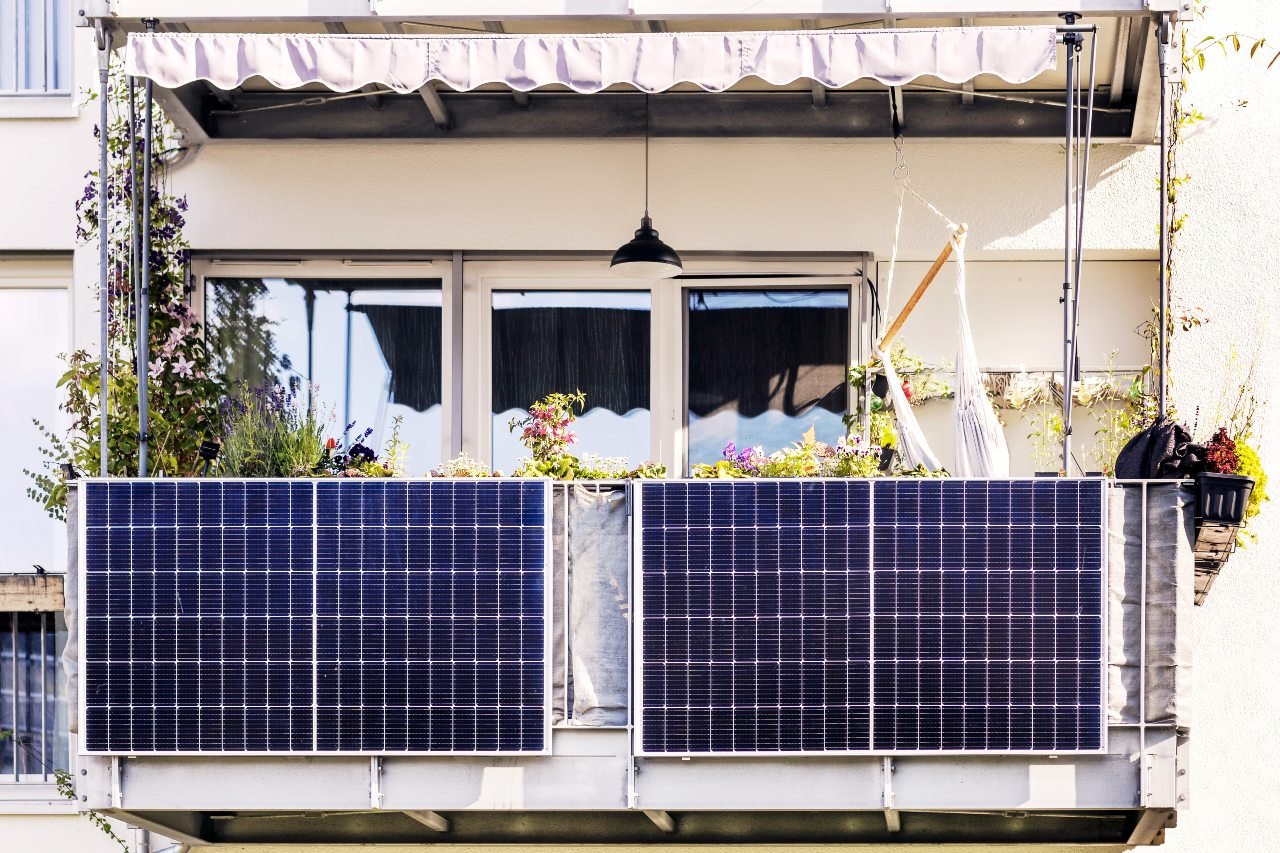Around 60,000 people in Germany signed the petition which laid out a number of measures aimed at reducing energy consumption in the face of Russia’s devastating war on Ukraine, as well as protecting the climate.
Supporters are calling on the German government to implement tougher speed limits – including on the Autobahn which famously does not have a speed limit in some places.
They want to see a speed limit of 100 kilometres per hour (km/h) on the Autobahn network, 30 km/h in towns and cities and 80 km/h on country roads.
There are also calls for car-free Sundays, a ban on domestic flights and an end to subsidies for plug-in hybrid vehicles. Supporters of the petition are also calling for more pop-up cycle paths and public transport to be be free of charge for three months.
READ ALSO: Speed limits and home office: How Germany could reduce its oil consumption
“The measures contribute quickly, mostly with little effort – and effectively – to reduce energy dependency on Russia by reducing fuel consumption,” says the petition.
The petition gathered more than 50,000 signatures before the Monday deadline so it will be reviewed by the Bundestag’s Petitions Committee.
Campaigner Tino Pfaff, who introduced the motion with mobility expert Katja Diehl, said the measures would help save 30 million tonnes of CO2. Converted to fuel, this would mean savings of 13.4 million tonnes, said Pfaff, referring to calculations by Greenpeace.
Pfaff said he didn’t think all of the changes would be introduced, but he hopes the petition will make German MPs debate and consider the issues.
“I expect the debate to intensify and that the pressure on the government will increase,” he said.
‘Symbolic policy’
Germany’s Green party, which is in a coalition with the Social Democrats (SPD) and the Free Democrats (FDP) has pushed for a 130km/h speed limit on the Autobahn.
But the FDP has stood firm on its rejection of a Tempolimit. Keeping Germany’s highways speed limit-free was even one of the party’s dealbreakers when entering into the coalition with the SPD and Greens last year.
Yet pressure has been growing for Germany to do more to cut ties as much as possible with Russian President Vladimir Putin by moving away from Russian gas.
READ ALSO: Germany ‘doesn’t have enough signs’ for Autobahn speed limit
Pfaff said the onus is now on the Greens in particular. “The Greens have a duty to stand up to the FDP. As an ecological party, they don’t have to defend liberal ideologies,” he said.
Climate activist Luisa Neubauer, who also promoted the petition, said she she finds it “absurd” that a petition is needed. “It’s climate crisis, it’s war and we have to persuade the government with all our might by all means even to (impose) minimal measures like a speed limit,” she said.
But FDP transport policy spokesman Bernd Reuther told the Tagesspiegel that there would be be no change in the liberal party’s stance. “This symbolic policy does not help us and misses the actual goal,” he said. “Therefore, the FDP rejects these demands.”




 Please whitelist us to continue reading.
Please whitelist us to continue reading.
Member comments